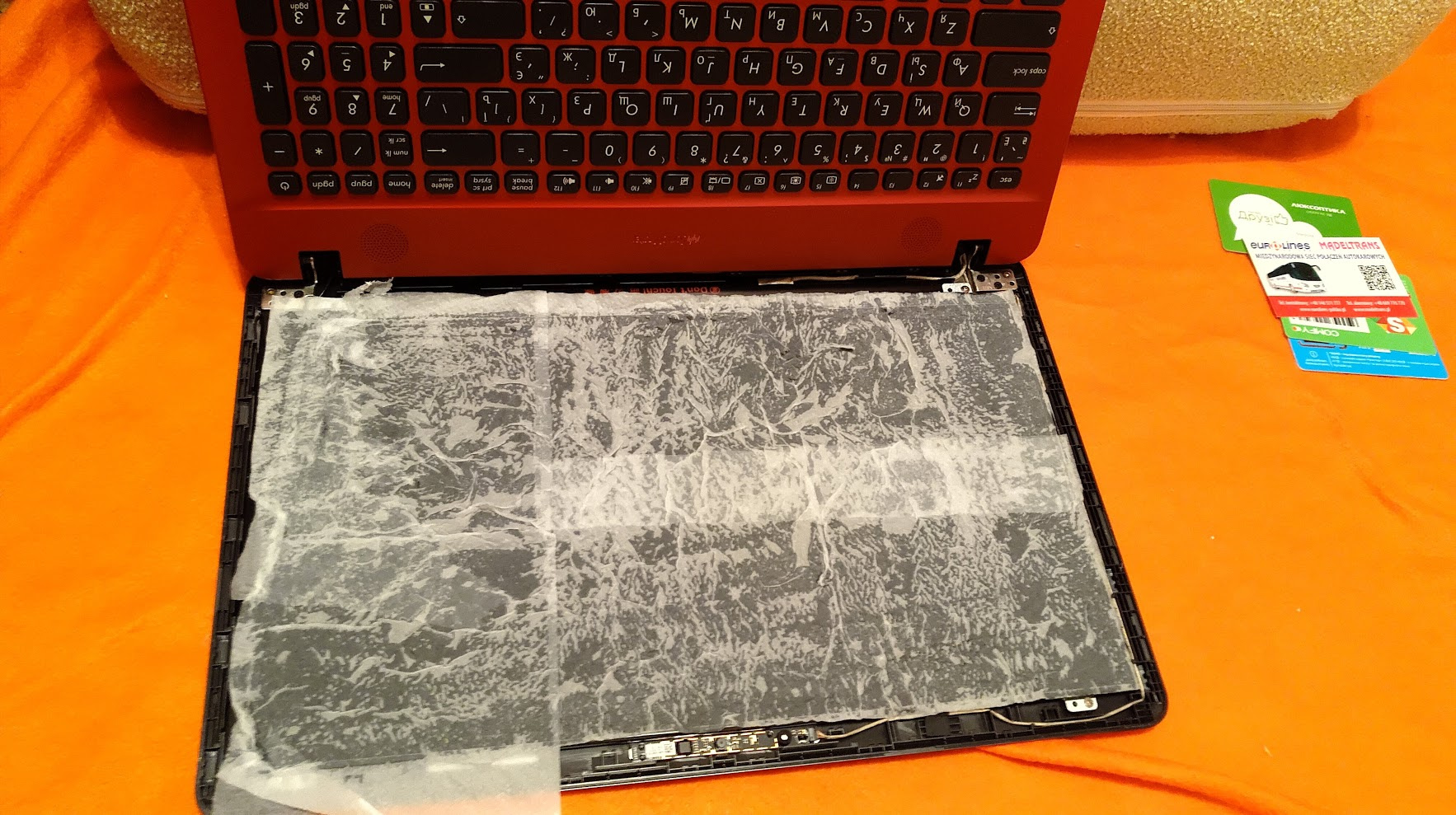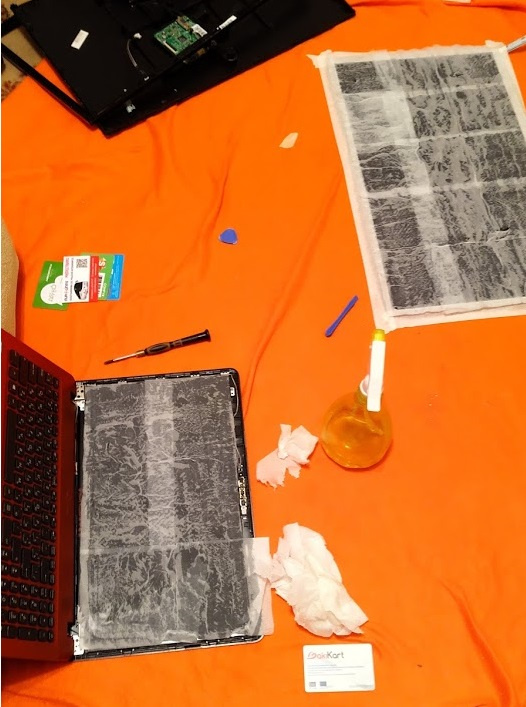Answer the question
In order to leave comments, you need to log in
How do I remove the anti-glare coating from a monitor?
Hello.
Not satisfied with the dull color reproduction on a fairly good monitor. That is, the color reproduction is good, but from a professional point of view, there are differences from monitors without such a coating. I read on the Internet that removing the film improves the colors and clarity of the picture, I want to try to remove it. How to do it and is it worth it at all?
Answer the question
In order to leave comments, you need to log in
Yesterday I also thought about removing the matte finish. As a result, the new laptop ASUS Vivo Max 542U (I made a mistake when buying and took a matte one) and the Samsung 24SD300 monitor (which I didn't know the difference between matte/glossy) are now glossy!
Because I am doing video editing - this is a necessary step, the image has become more contrast and sharper. Well, what the heck are matte monitors, why did they come up with them (
Nuances: the laptop took 1.5 hours and the film was removed without problems. The film on the monitor is 2+- times thicker, 4 hours of soaking and then filmed in pieces.
As a result, perfect, no glue, etc. .pp
ps did for the first time.



As an option, do not take risks and do not bother with disassembling the matrix on the advice of GreatRash, but simply stick a matte self-adhesive transparent film on the anti-glare surface, like those that are glued to smartphones and tablets, it is of different sizes, google it.
At one time, I got rid of problems on the laptop screen in this way, the quality and brightness of the picture were not affected.
To be a system architect, you need to have extensive experience not only in writing code, but also to have knowledge of various integration technologies.
The architect builds a complex system with a full understanding of the required architectural blocks and the information exchange between them. The architect also calculates the load on these blocks and data links, predicts the maximum performance without scaling, and lays down the scaling architecture of such a system for the next stage of development.
Depending on the task, various ready-made components and libraries from those available can be used.
The choice of one or another solution largely depends on the final goals of the project and the limited parameters for the implementation and further operation of such a system (time and human resources, finance, data transmission channels, limitations of technologies and protocols, etc.)
The system architect must be able to program.
If only simply because a good system architect can only develop from a programmer.
And yes, a system architect must be able to program professionally , since a good system architect develops from a programmer in not one, not two, or five years. And for so many years of programming, of course, you will program professionally.
Theoretically, the architect can arise from the admin.
IMHO, such an architect would be worse.
But programming skills will still be very important there.
and how will he systematically architect if he does not know how to program well?
Didn't find what you were looking for?
Ask your questionAsk a Question
731 491 924 answers to any question